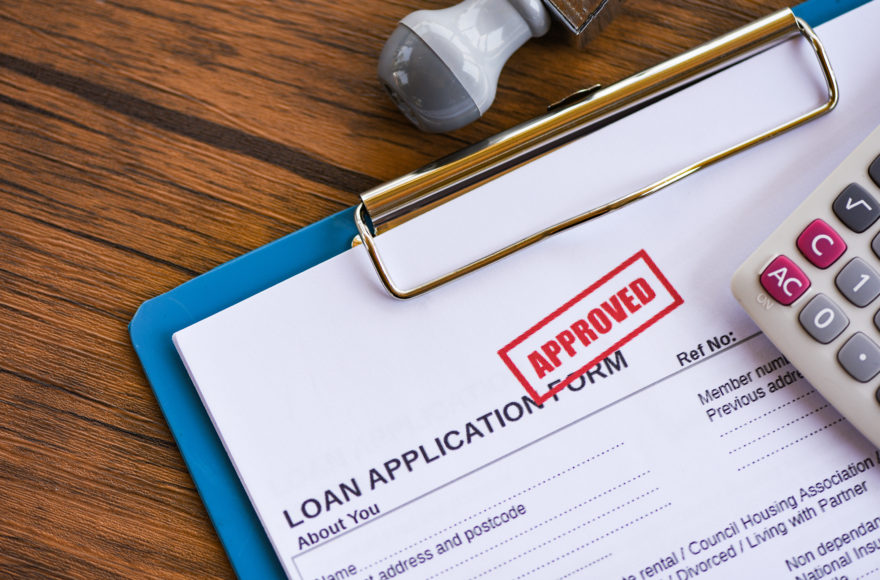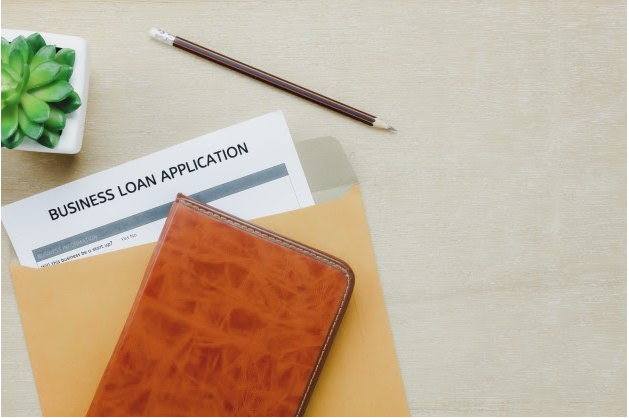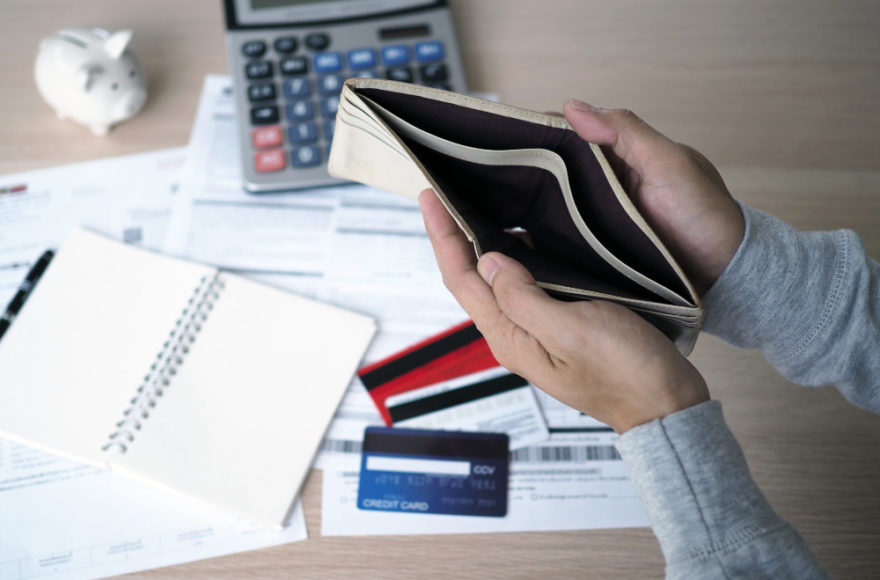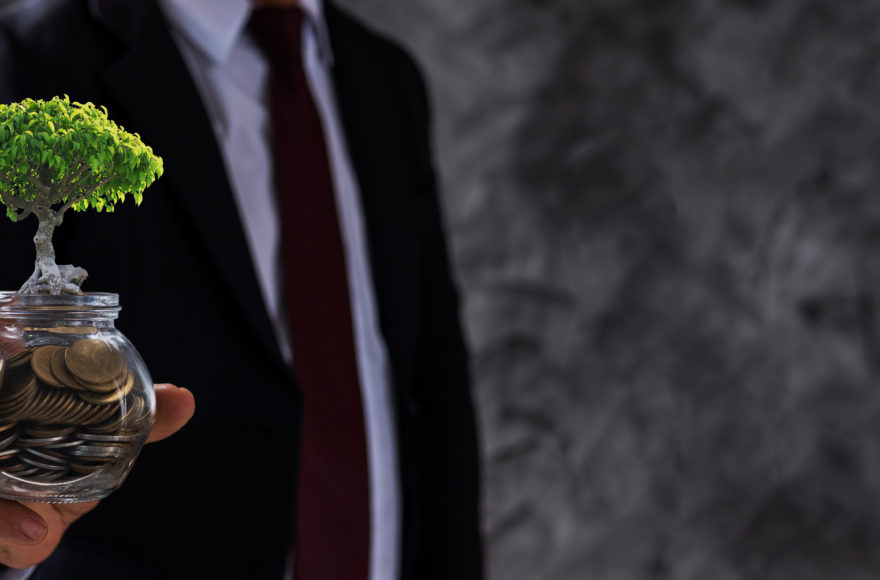How to Protect yourself from the “Dirty Dozen” tax scams?
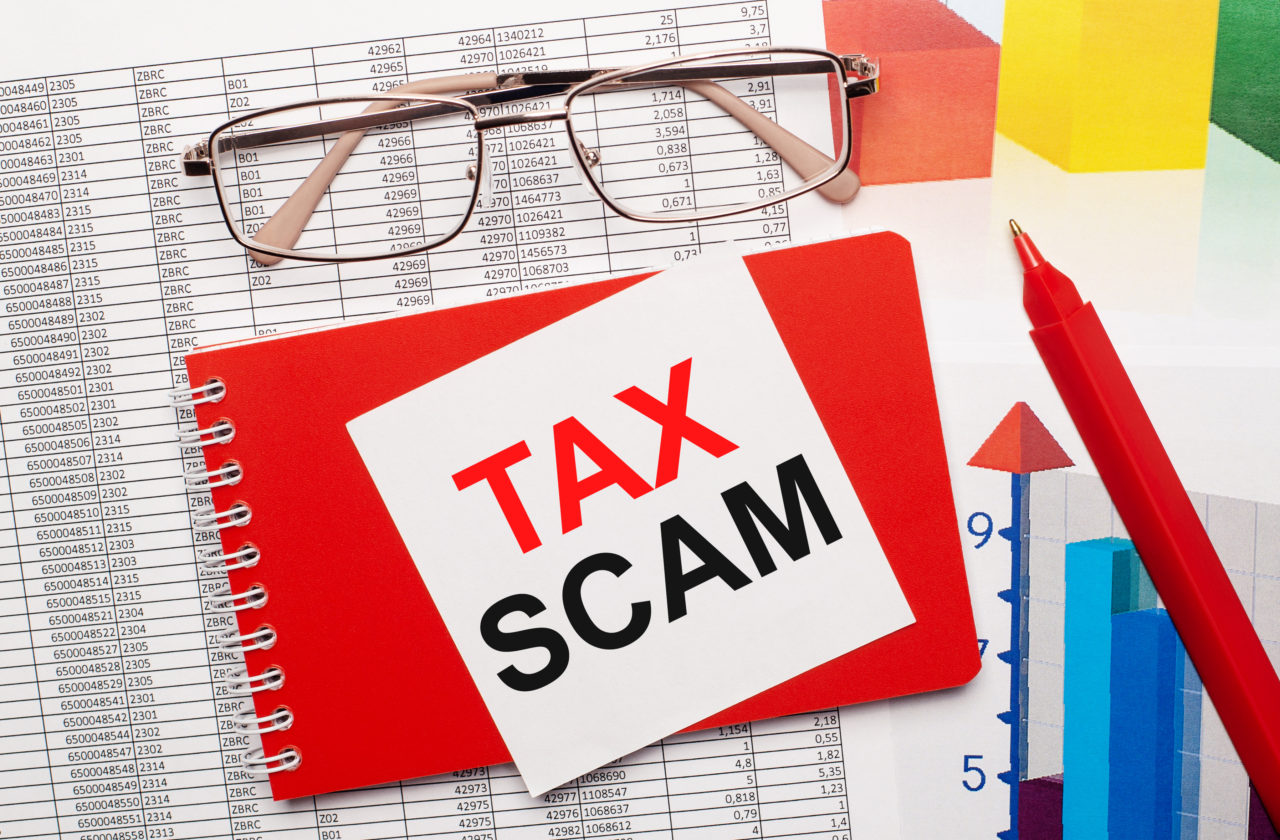
According to the IRS, it is recommended to be aware to protect themselves against the tax scams, which sounds extremely good to be true. If you are running a business or working in any place, you need to consider the tax system. It is crucial to know every information related to tax and its system. This will help to ensure everything essential to know and to avoid any kind of scam. Make sure to avoid the concept of any fraud and illegal activities so that you can not end up facing significant penalties and interest. Mainly the taxpayers who purchase any illegal tax scams might end up paying an extra penalty worth more interest, and it is even a criminal act. You can also face several legal problems.
These tax scams made the Dirty dozen with the filing season, which includes several things like identity theft and others.
If we talk about the internal revenue service, which was announced on July 16th in the year of 2020 and its annual ‘Dirty dozen list of tax scams, the year 2020 mainly focused on scams that mainly target the taxpayers. Dirty dozen also focused on emphasizing the aggressive and evolved schemes related to the coronavirus tax relief, which also includes Economic impact payments, which are also called any tax stimulus payments. We all know that it is crucial to pay all the taxes.
What is the list of Dirty dozen tax scams taken for the IRS press release?
Several lists will allow you to be more aware of the scam and taxpayer system.
Phishing
If you want to protect your money, then make sure to avoid phishing. Several people want to scam you in the name of taxpayers and provide different types of soft phishing like link phishing, voice phishing, message phishing, and many others. Every taxpayer must be alert to the potential fake emails or texts or even website links that are willing to steal your personal information. Do not open the phishing link or give your numbers, OTP, emails, or passwords.
No company or tax system asks to give the emails I’d or password. If someone texts you or mail you to open links, make sure to avoid opening the link. Always avoid giving any personal information.
The IRS will never initiate contact with the taxpayers with the help of email about the taxes, refund, or another economic impact. Don does not click on links that claim to be from the IRS.
Fake charities
Most scam artists frequently exploit natural disasters and other conditions like the current coronavirus outbreak by setting up fake charities. Several people ask for charities in the name of poor people. Make are to cross-check the charity before giving any amount. Ill-minded people have the intention to steal your money in trying to help in times of need. There are several fraud schemes. Taxpayers need to be wary of the charities in their name, like national organizations. If the charity is legitimate, it will offer their employer identification number as requested, and it can be used to verify their legitimacy.
Threat calls
IRS impersonation scams come in several firms. There is an artist who scams taxpayers by making threat calls. Threatening phone calls are the most common way to steal your money, and it is the form of a criminal claiming to be the IRS. The scammer mainly attempts to instill fear in people to get their money.
It is crucial to know that the IRS team will never make a kind of threat call. They will never threaten taxpayers or surprise him or her With the demand for immediate payment. Most of the fake calls are in the form of robocalls.
Final verdict
Several people are willing to steal your money. It is essential to be aware of everything that relates to the tax. Mainly the tax scams are only rising during the tax season or even during the pandemic: May, the artists who scam people in the name of tax. Mainly the scammers are using the pandemic as their opportunity to steal now you and in for action from the honest and unaware taxpayers. According to IRS commissioner Chunk Rettig, it was found that scam artists know how to scam people. To overcome these scam issues, they have implemented the Dirty Dozen list to help create more awareness about the common scams so that people can avoid and save their money.
